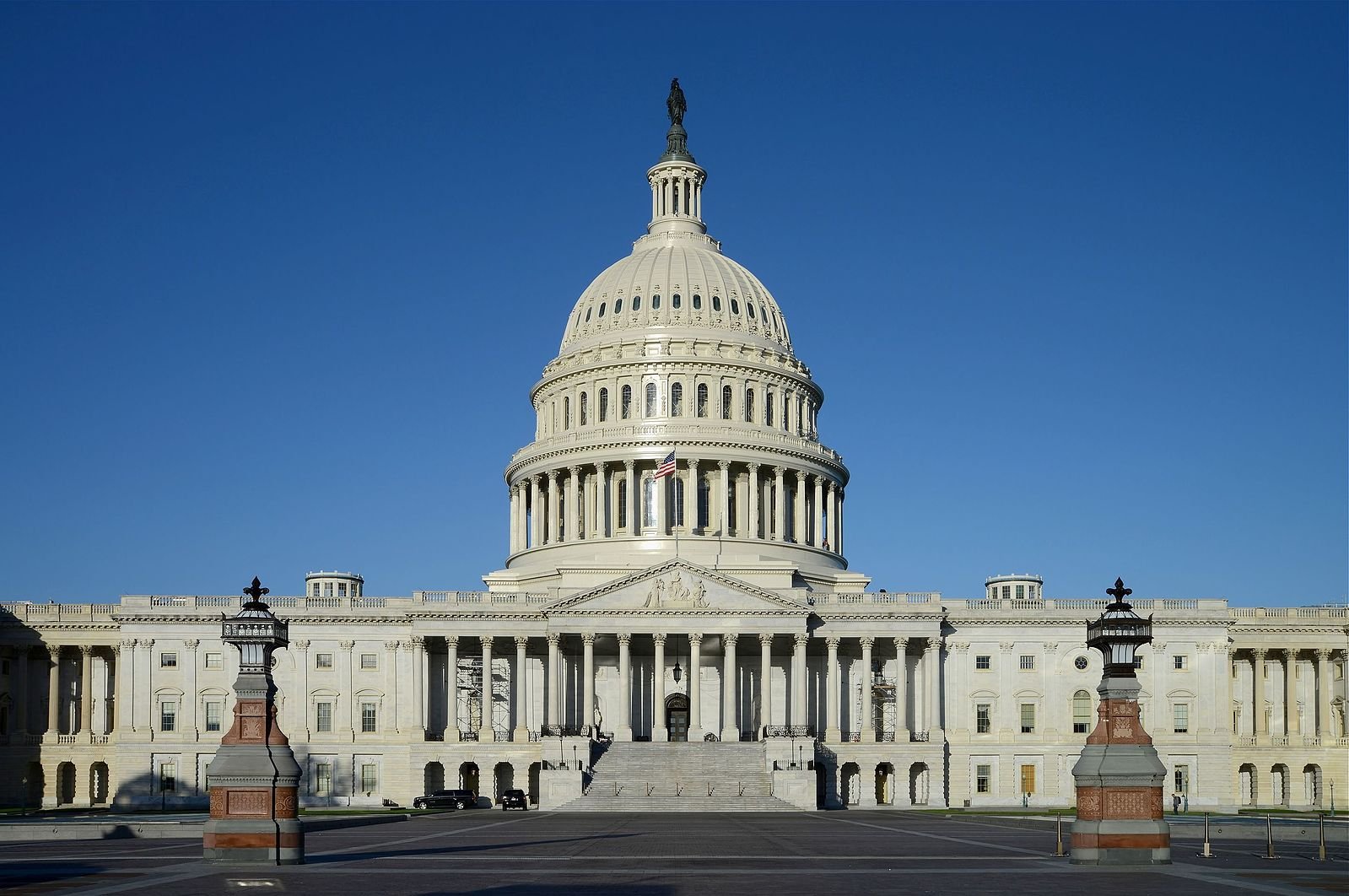Stanford professors from across the political spectrum forcefully condemned the mob of Trump supporters that stormed the United States Capitol on Wednesday afternoon, as well as Republican lawmakers who had objected to the certification of the presidential election.
The riots came after President Donald Trump repeatedly refused to accept President-elect Joe Biden’s victory, baselessly alleging fraud and claiming that the contest was stolen from him. The president incited his supporters in a speech Wednesday morning, calling on them to march to the Capitol, where lawmakers would be certifying the Electoral College votes.
Sen. Josh Hawley ’02 (R-MO) — who is believed to have presidential ambitions of his own — was the first senator to announce on Dec. 30 that he would join efforts to subvert Biden’s win and object to the Electoral College certification, a move backed by hundreds of House Republicans and nearly a dozen Republican senators. Hawley was seen raising his fist in support of the rioters outside the Capitol before it was stormed.
From our Francis Chung, Sen. Josh Hawley greeting protesters in the east side of the Capitol before riots began. pic.twitter.com/I8DjBCDuoP
— Manuel Quinones (@ManuelQ) January 6, 2021
Shortly after these objections sent the House and Senate into debate, members of Congress were forced to evacuate the legislative chambers as rioters overwhelmed law enforcement and entered the Capitol Building.
President Marc Tessier-Lavigne expressed his shock and disturbance at the events at the nation’s capital in an email to the Stanford community Wednesday evening.
“The actions of a few will not define the future of our country,” he wrote, reflecting on his own experiences as an immigrant to the United States and underscoring the importance of democracy and the peaceful transfer of power.
Former Secretary of State and Hoover Institution Director Condoleezza Rice told The Daily in a statement that the “attack on the US Capitol building is a flagrant violation of the rule of law and an assault to the democratic processes that were underway,” calling for those involved to be prosecuted.
“We will get through this,” Rice wrote. “The will of our citizenry is heard in free and fair elections and governed by time-tested institutions thoughtfully designed by our forefathers.”
Stanford professors and alumni criticized the actions of Hawley, a Stanford graduate. Larry Diamond, a senior fellow at the Freeman Spogli Institute and Hoover Institution, called Hawley’s actions “cynical, demagogic, irresponsible populism that has no basis in any evidence.”
Diamond urged Republican lawmakers, including House Minority Leader Kevin McCarthy and Sen. Ted Cruz (R-TX), to withdraw their support of Trump’s unfounded statements and “put the country over their political short-term interests.” He called for the president’s cabinet to invoke the 25th Amendment, though he noted that such an action is unlikely.
Political science professor Jim Steyer called Wednesday’s events a “tragedy for our country” and the most “disgraceful example of presidential behavior in my lifetime.”
“Shame on Josh Hawley — he has blood on his hands,” Steyer said, adding that “he knew better as a Stanford undergraduate and he should know better as a senator.”
Law professor Michael McConnell, the director of Stanford’s Constitutional Law Center and former United States Court of Appeals judge, called the failed insurrection “unbelievable and appalling” and urged Congress to consider the “prompt impeachment and removal” of Trump. (Hawley clerked for McConnell and later for Chief Justice John Roberts.)
McConnell had joined a group of leading historians and constitutional scholars in rebuking lawmakers who planned to object to the certification of the election, urging them to “express your opposition to this latest attack on the bedrock principle of our constitutional system: the sovereignty of We, the People, and the power of the majority to choose our leaders and shape our future.”
“It’s particularly troubling that many of the people involved in this would claim to be patriots,” McConnell said, adding that Congress should certify Biden’s win without further objections when it reconvenes.
In an interview, political science professor Hakeem Jefferson concurred with the other professors, condemning the president, Hawley and Republican members of Congress who objected to the election results and stating that they should be held accountable.
“They are blameworthy,” he said. “The fact that they have emboldened these individuals to engage in these acts is seditious.”
Jefferson also supported calls from Democratic lawmakers to impeach Trump for inciting violence and spreading disinformation, citing Congresswoman Barbara Jordan’s statement during the Watergate scandal — “If the impeachment clause is not meant to serve the purposes of this moment, then what is it there to do?”
Jefferson cautioned that the spread of election disinformation may not be the only factor behind the insurrection, viewing it instead as an extension of the racism that Trump promoted throughout his presidency.
“This is about the maintenance of white supremacy,” Jefferson said.
Despite widespread condemnation, Hawley has not reversed his decision to object to the Electoral College certification, writing in a statement that “The violence must end, those who attacked police and broke the law must be prosecuted, and Congress must get back to work and finish its job.”
Steyer said that he hopes Stanford students will take away crucial lessons from Wednesday’s events. He added that he believes a silver lining could be that the Republican Party has “finally woken up” and the events should be “the obituary for Donald Trump as a political figure in America.”
Contact Cameron Ehsan at cehsan ‘at’ stanford.edu and Kathryn Zheng at kszheng ‘at’ stanford.edu.
